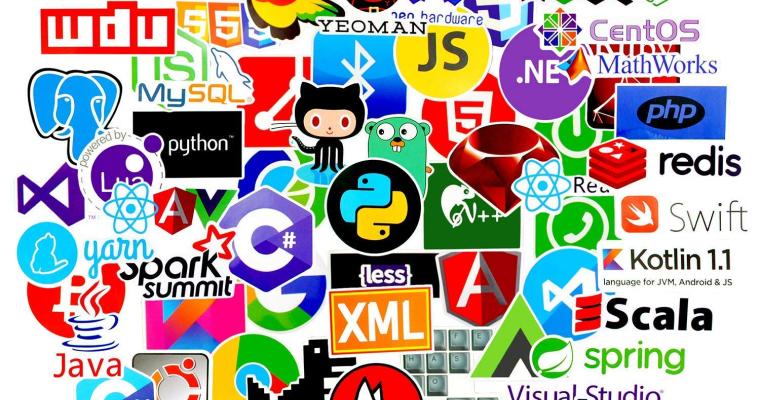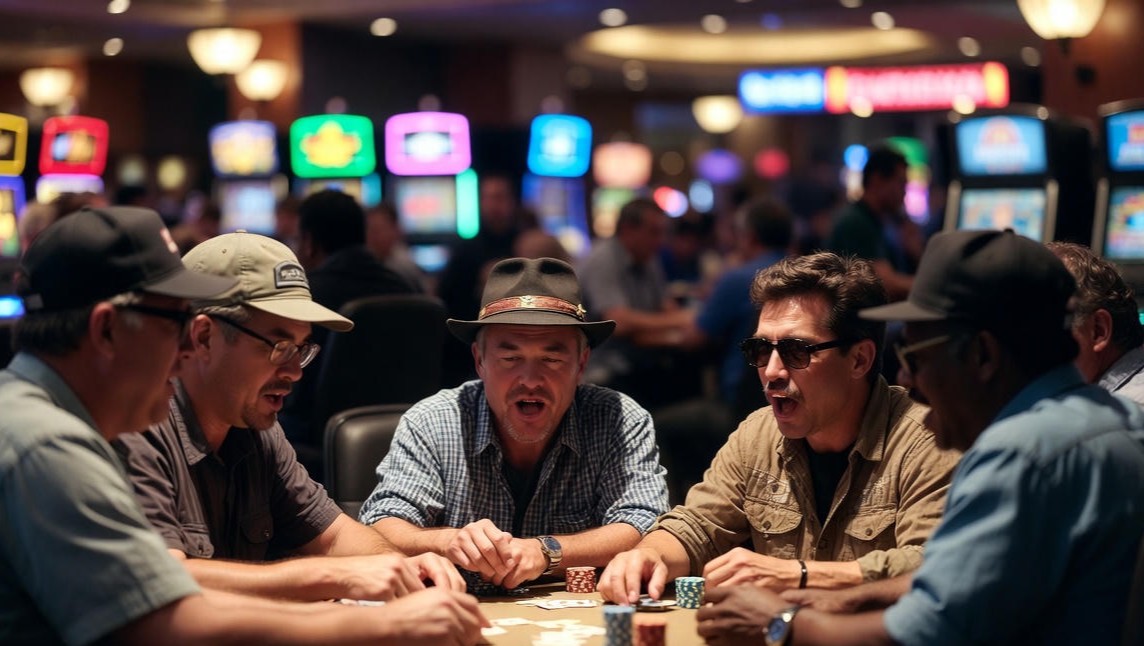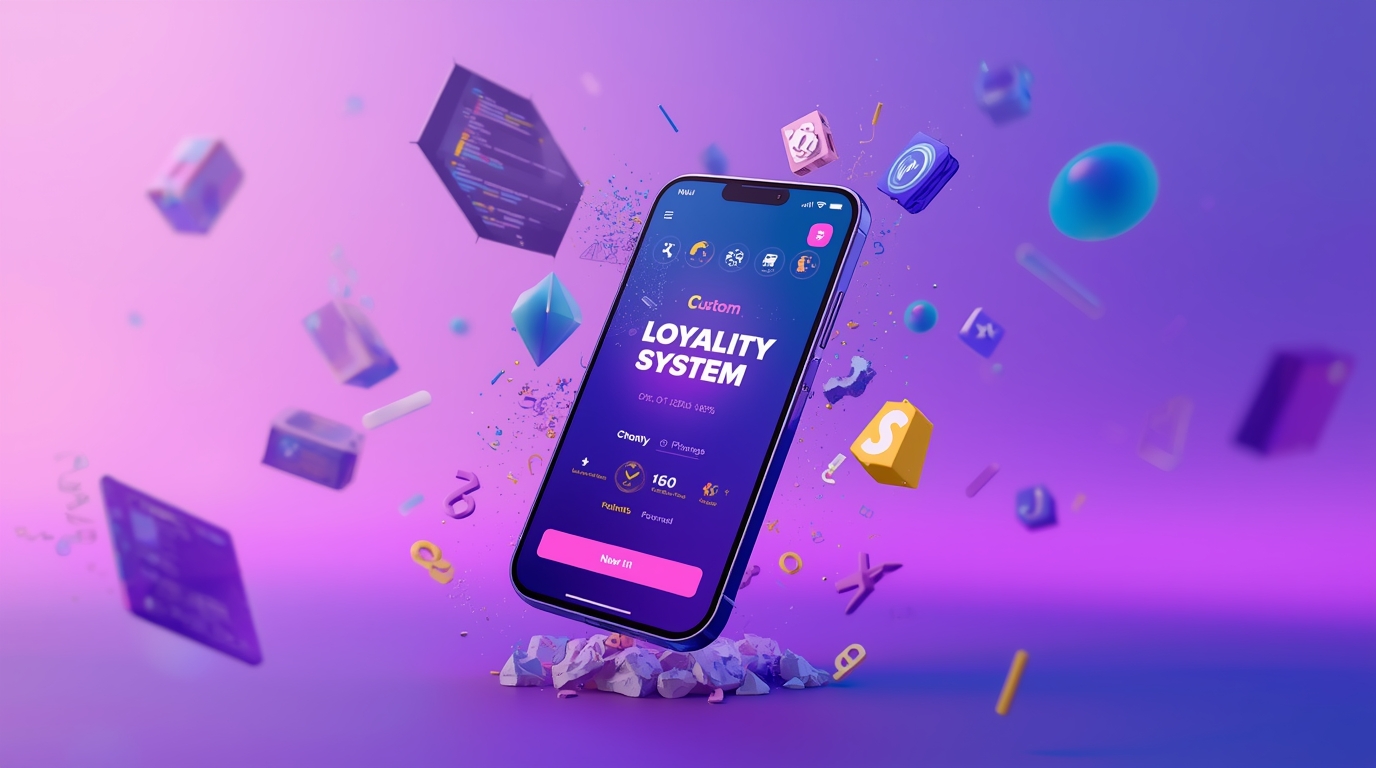Bingo used to mean paper cards, markers, and a community hall filled with excitement. Fast forward to 2025, and bingo is digital, global, and social. From flashy mobile apps to VR bingo halls, the game has evolved, and so has bingo game development.
In this guide, we’ll break down what it takes to create a successful bingo platform, the cost of bingo game development, who the players are, and what makes the best bingo game development company stand out. You’ll find stories, expert insights, myths busted, case studies, data, and future trends—all in one place.
A Human Story to Begin With
When Margaret, 72, joined an online bingo app during lockdown, she thought it would be boring. Instead, she found a buzzing chatroom, live-streamed hosts calling numbers, and even mini-slot games on the side.
“I felt less lonely,” she said.
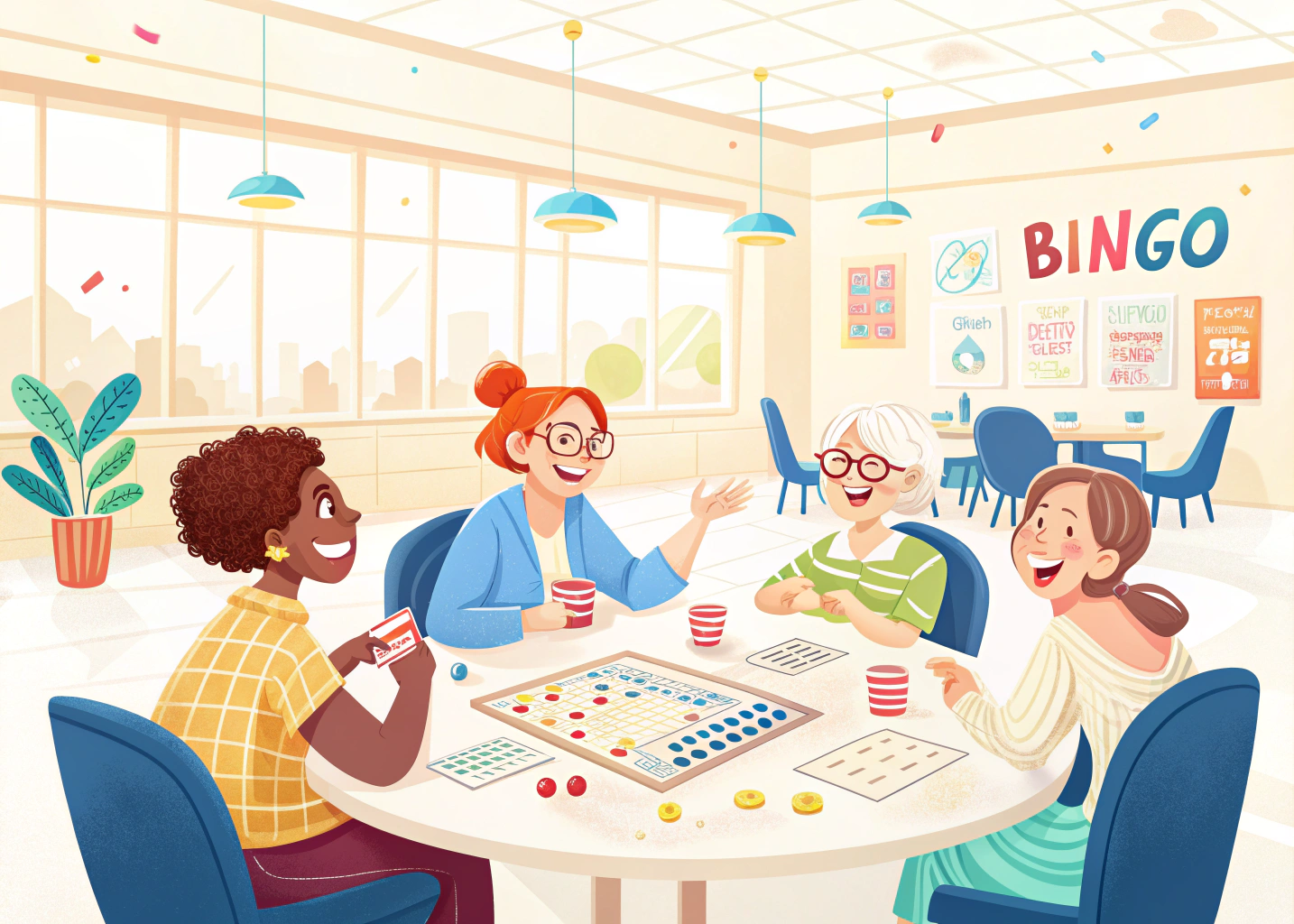
That’s the heart of bingo game software development today—it’s not just about numbers, it’s about connections.
What Is Bingo Game Development?
At first glance, bingo game development might seem simple—just digital cards and numbers being called out. But in reality, it’s a complex process that combines game mechanics, social interaction, security, and design into one seamless experience.
At its core, bingo game development services cover everything needed to transform the old-fashioned game into a modern digital product. Developers don’t just write code—they build platforms that feel fun, safe, and rewarding for players across the world.
Here’s what usually goes into it:
- Fair RNG (Random Number Generator) engines – The beating heart of any bingo app. A certified RNG ensures every number called is random, fair, and impossible to predict. Without this, players lose trust quickly. For example, big operators like Foxwoods Online Bingo rely on RNG audits to keep credibility. The same RNG principles power everything from dice casino games to complex lottery systems.
- Custom ticket/card design options – Instead of plain numbered cards, modern bingo apps let players choose themes. Some apps offer seasonal cards (Halloween, Christmas), while others create branded experiences, like “TV show bingo.” This customization makes the game more personal and engaging.
- Player engagement features – Classic bingo halls had chatter, claps, and jokes. Digital versions mimic that through chatrooms, live emojis, tournaments, achievements, daily challenges, and loyalty programs. These features keep players coming back, not just for prizes but for community.
- Cross-platform builds – A strong bingo platform works on iOS, Android, web, and sometimes even VR headsets. Developers often build once and adapt for all platforms, so players can start a session on their phone and continue on a laptop.
- Compliance systems for licensing and safe play – This includes age verification, anti-fraud systems, GDPR data protection, and connections with regulators like MGA or UKGC. Without compliance, even the most beautiful bingo app can get banned in key markets.
“Congress: Bingo with billions” – Red Skelton
Bingo Game Developments Costs
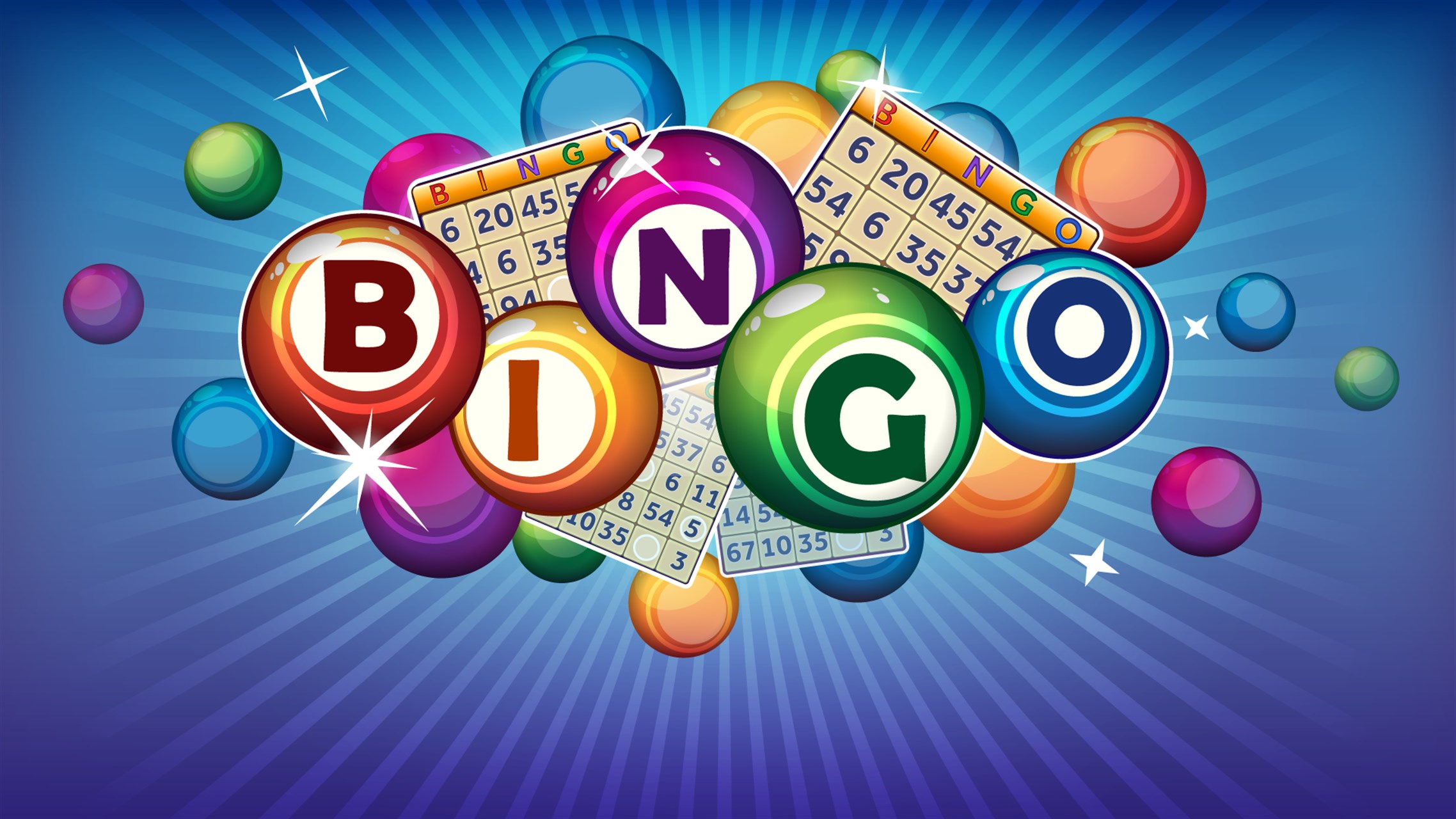
When people ask about bingo game development cost, they often expect a simple number. The reality is more layered—it depends on the scope, features, platform choices, and compliance needs. A small MVP (minimum viable product) bingo app costs far less than a full-fledged cross-platform ecosystem with live hosting and blockchain payments.
Let’s break it down:
- Basic Bingo App ($15k–$25k)
Think of this as the starter pack. A simple 75-ball or 90-ball digital bingo game with essential features: RNG engine, ticket design, and basic UI. It’s perfect for testing the waters, building a prototype, or targeting small communities. Example: a charity or local club going digital. - Mid-Level Platform ($30k–$70k)
This is where most operators invest. Along with the basics, you get loyalty programs, achievements, in-game chat, tournaments, and cross-device support (iOS, Android, web). It’s strong enough to compete in the online bingo space. Example: an indie studio launching a commercial bingo app with monetization. - Advanced Bingo Ecosystem ($80k–$150k+)
Here we’re talking about AAA-level bingo game development solutions. Features include VR halls where avatars sit side by side, AI chat moderators that keep conversations clean, blockchain-enabled instant payouts, and live-streamed hosts. Example: global operators like Tombola or Mecca Bingo who serve millions of players.
💡 Pro Tip: Many startups begin with a bingo game development kit—a ready-made engine with core features. It lowers upfront costs, speeds up launch, and allows upgrades later with custom add-ons.
Cost Breakdown Table
| Development Level | Estimated Cost | Features Included | Best For |
| Basic App | $15k – $25k | RNG, simple ticket system, basic UI | Clubs, charities, MVP testing |
| Mid-Level Platform | $30k – $70k | Loyalty rewards, chatrooms, tournaments, cross-platform | Indie studios, small operators |
| Advanced Ecosystem | $80k – $150k+ | VR halls, AI moderation, live hosts, blockchain payments | Global bingo brands, large operators |
👉 The key is not just budget—it’s strategy. Launching small and iterating often works better than going “all-in” from the start, unless you already have a strong user base.
Real Case Study: Tombola’s In-House Model
Tombola, a UK brand, didn’t outsource. They built an internal bingo game development company of their own. By owning the tech stack, they created unique features, scaled with ease, and stayed ahead of regulation. This approach mirrors what successful companies like Push Gaming have done in casino software development – maintaining control over their core technology to deliver innovative experiences.
Lesson: outsourcing is fine, but control matters.
The Numbers That Will Surprise You
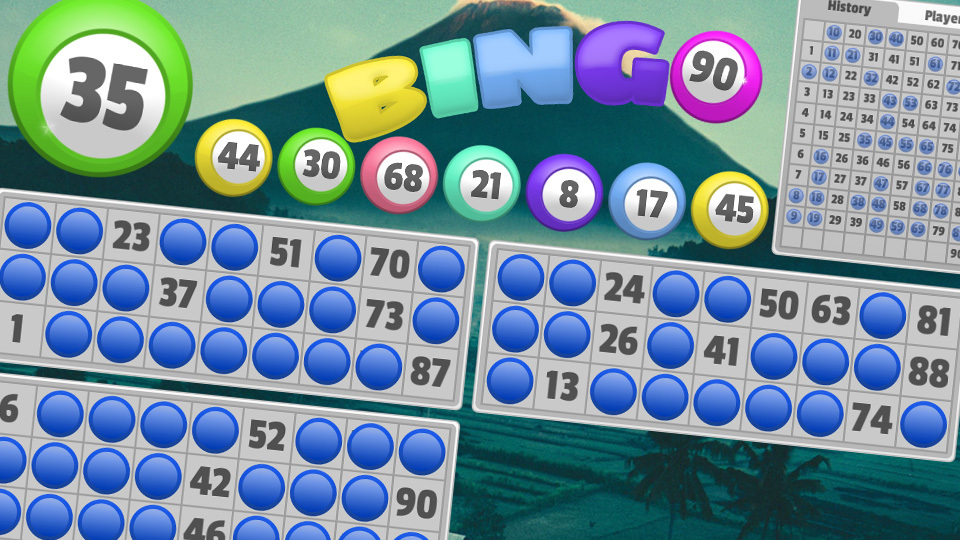
The bingo industry is experiencing explosive growth that most people never see coming. The online bingo games market was valued at USD 1,146.28 million in 2024 and is projected to reach USD 1,933.01 million by 2031, growing at a CAGR of 6.75% (Source: Verified Market Research – Online Bingo Games Market). This isn’t just grandma’s game anymore – we’re talking about a nearly $2 billion industry that’s doubling in size.
What’s even more remarkable is how players are choosing to play. Mobile gaming now dominates with approximately $92.6 billion in annual revenues, representing 49% of the entire gaming market (Source: Newzoo via MAF). Recent data shows that 45 percent of bingo players now prefer playing online (Source: Statista), creating a mobile-first revolution that’s reshaping the entire industry.
Here’s the kicker that separates winners from losers in bingo game development: apps that receive regular updates enjoy lifespans of three years or more, building loyal communities and generating consistent revenue. Meanwhile, neglected apps crash and burn in under 12 months, often taking significant investments down with them. The difference between success and failure isn’t just good code – it’s ongoing commitment to your players.
Innovations in Bingo Game Development Solutions
The industry is pushing into bold territory, drawing inspiration from broader entertainment trends including interactive game shows on Netflix and other streaming platforms:
VR Bingo Halls – Sit among avatars, hear the host live, creating immersive experiences that rival traditional venues.
Skill-based Bingo – Adds decision-making elements to attract younger players, similar to how modern poker development incorporates AI and skill-based features.
Hybrid Lottery + Bingo – Combines jackpots with classic cards. If you’re interested in the lottery side, check out our comprehensive guide on how to develop a lottery game from A to Z.
AI Moderators – Keep chatrooms friendly and engaging without human oversight.
Anime-Themed Story Bingo – In Japan, numbers unlock quests and narrative elements.
These bingo game development services aren’t just games—they’re entertainment ecosystems.
Pitfalls: A Failure Story
A flashy bingo app launched in 2022 with neon visuals and celebrity ads. It shut down within three months. Why?
- Poor RNG → players didn’t trust it.
- Slow payments → users abandoned it.
- No chat → no community.
Lesson: the basics matter more than gimmicks.
Compliance & Security Corner
Any serious bingo game app development company must handle:
Gaming Licenses – Your Golden Ticket
Without proper licensing from authorities like the UK Gambling Commission (UKGC), Malta Gaming Authority (MGA), or US state regulators, you’re not running a business – you’re running an illegal gambling operation. These licenses aren’t just paperwork; they’re your proof that you’re serious about protecting players and following the rules. The application process alone can take 6-18 months and cost anywhere from $50,000 to $500,000, but it’s the price of entry into the legitimate gaming market.
Certified Random Number Generators – Your Trust Engine
Players need to know the game is fair, and regulators need proof. Your RNG (Random Number Generator) must be certified by independent testing laboratories like Gaming Laboratories International (GLI) or iTech Labs. This isn’t just about avoiding cheating accusations – it’s about building the player confidence that keeps them coming back. Uncertified games get blacklisted faster than you can say “B-7.”
Payment Security – Your Financial Fortress
Every transaction flowing through your platform is a potential target for fraudsters and hackers. You need military-grade encryption (SSL/TLS), PCI DSS compliance for credit card processing, and sophisticated fraud detection systems that can spot suspicious patterns in real-time. A single security breach can cost you millions in fines, lawsuits, and lost player trust.
The Stakes Are Real: Companies that cut corners on compliance face immediate platform bans from app stores, permanent shutdowns by regulators, and lawsuits that can bankrupt even well-funded operations. In 2023 alone, regulators issued over $400 million in fines to gaming companies for compliance failures.
Final Thoughts
Bingo is no longer “grandma’s game.” It’s a global, digital, and social experience. The best bingo game development companies don’t just build apps—they create communities.
Whether you use a bingo game development kit, hire a bingo game software development team, or invest in hybrid lottery and bingo game development services, success depends on one rule:
👉 Don’t just deliver numbers. Deliver connection.


